The Death of Nuance – A Letter from the Owners of Project Upland
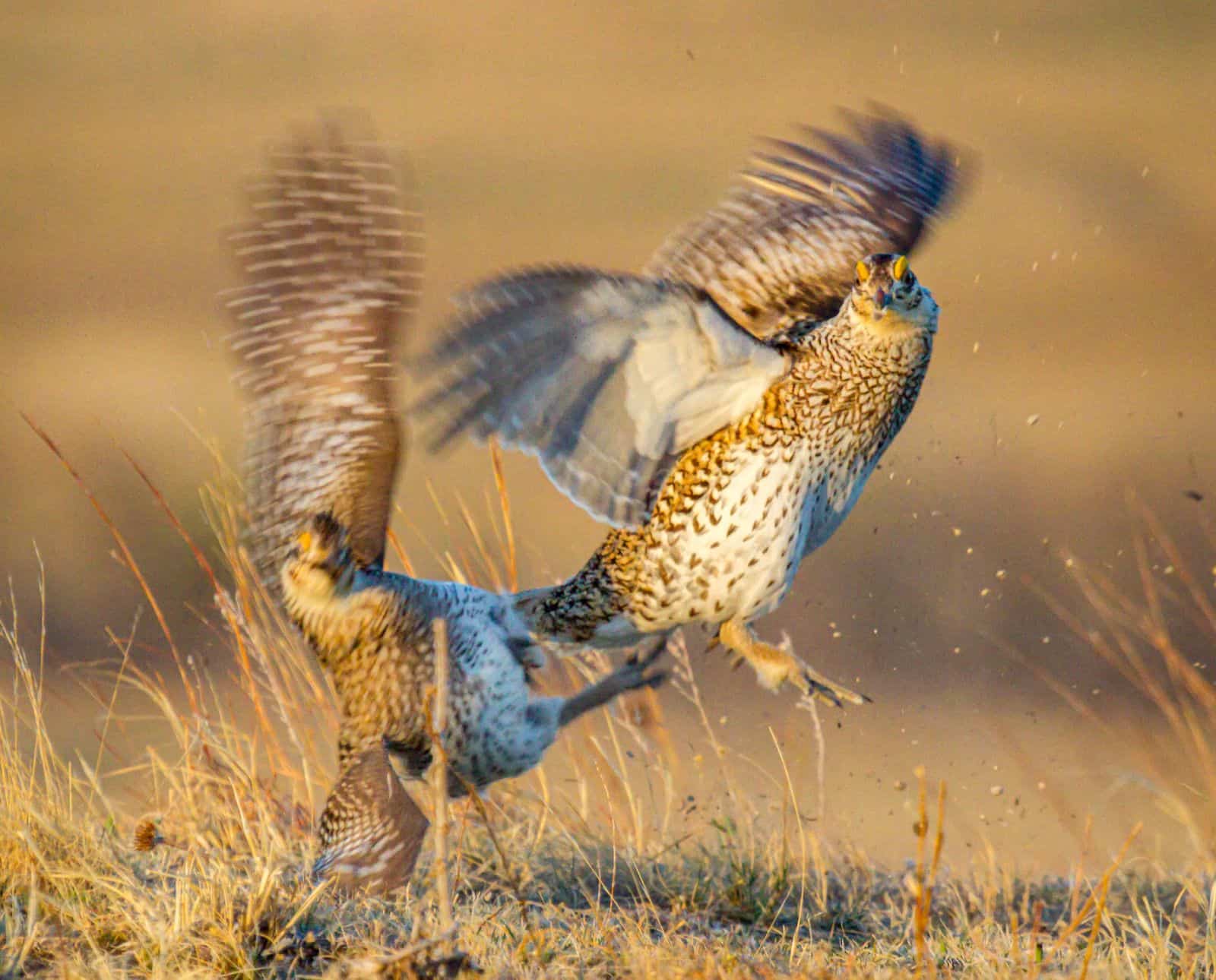
In this letter from the Summer 2025 issue of Project Upland Magazine, co-owners Jennifer Wapenski and AJ DeRosa call for nuance in an era of outrage-driven media.
In a media culture where clicks are rewarded with advertising dollars and the almighty algorithm controls our diet of information, it’s no wonder that we find ourselves overwhelmed by headlines. This media onslaught is affecting the way we tell stories, pick sides, and pretend that complicated truths can be boiled down to a hashtag, bumper sticker, or even a single political platform.
The sensationalized, oversimplified, outrage-driven media culture is actively destroying our ability to deal with the complexity of real-world issues. It’s the death of nuance.
Upland hunters understand this “space between” better than most. We are in love with the birds; we study them, write about them, dream about them, and walk for miles to catch a glimpse of them. Sometimes we shoot them. That tension between reverence and consumption isn’t a contradiction, it’s a relationship. And it is delicately nuanced.
That kind of understanding—the kind rooted in complexity—is being lost.
Our Conservation Practices And Public Lands Are Uniquely American
Most of us wholeheartedly support the concept of reducing wasteful government spending. And yet, without the recognition of the nuance involved, we risk the dismantling of our system of conservation from the inside out. Scientists and land managers have been fired or have seen their grant funding abruptly cut off, erasing decades of progress on complex subjects, including important population indexing that is critically dependent on data continuity from year to year. Environmental protections are being rolled back to the era of the Industrial Revolution. These cuts send the message that evidence-based management in America is inconvenient, expensive, and expendable.
In a further affront to our DIY community, public land hunters now face the renewed threat of selling off or transferring public lands under the guise of economic development and energy dominance. In fact, 96 percent of the Project Upland audience hunts public land—and we’re proud to count ourselves in that number. The idea that anyone, in any tax bracket, has the same right to walk the same trail or cast a fly into the same river is not a market-based value. It’s a democratic one. It’s an American one. And it’s under threat, all while the rhetoric gets louder and the understanding gets weaker.
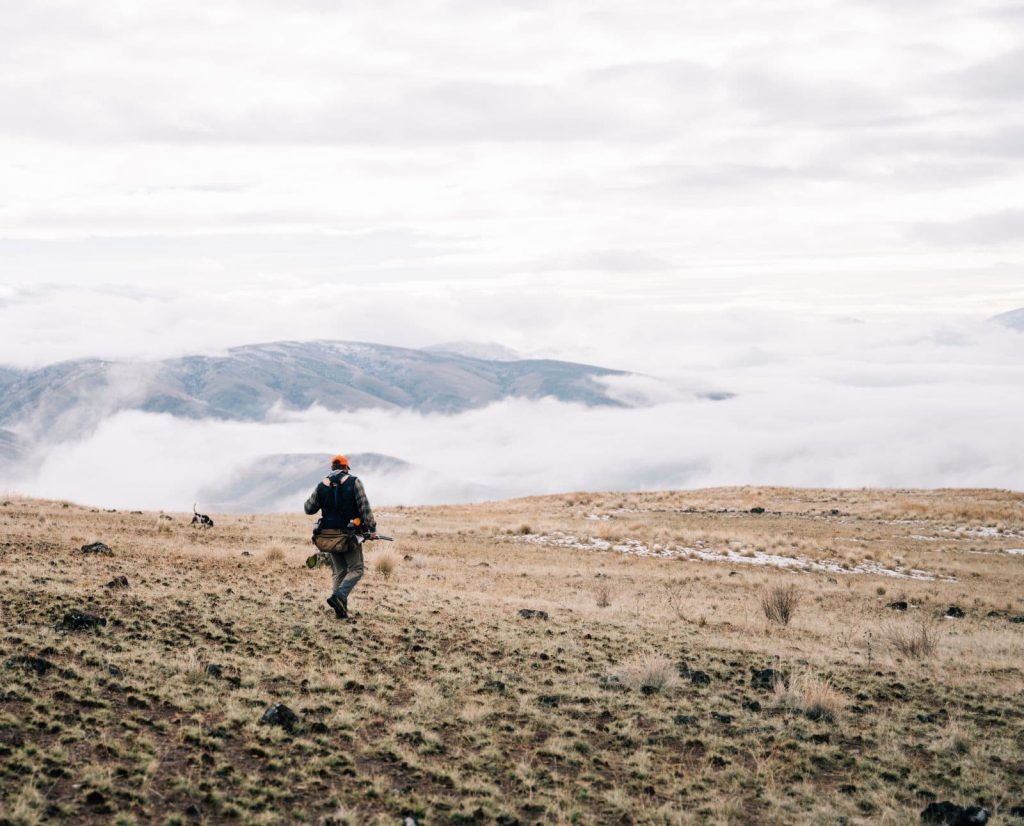
A Need For Balance
The complex truth is that development and conservation can exist in the same spaces, as long as they are both managed with an eye for balancing the needs of all stakeholders. There’s that need for nuance again. We can gather under the banners of pro-drilling or anti-extraction, but science actually shows that—for example—there’s an acceptable number of oil rigs that can exist without adversely affecting sage-grouse populations. Similarly, the threat of listing a game bird species on the Endangered Species List may seem like overreach, but many of our native game birds find themselves closing in on critical status, if they haven’t reached it already. Species like the greater sage-grouse and greater prairie chicken are marked as “red alert tipping point” on the State of the Birds Report—a science-based report supported by organizations such as The Wildlife Society, Ducks Unlimited, and the National Wildlife Federation.
So if the solution lies somewhere in the middle of these competing—but not incompatible—interests, then we cannot accept the latest barrage of actions aimed at tipping the scales in favor of consumption over conservation. The Department of Defense has an executive order to streamline mineral extraction that results in no royalties paid to offset the environmental impacts. The declaration of a national energy emergency allows a complete bypass of the regulations established by the Endangered Species Act. The BLM proposal to roll back the Public Lands Rule will allow management decisions to ignore the value of conservation when considering the economic impacts of the multiple uses granted to public lands.
Conservation Before Profit
Project Upland Magazine was founded with the single principle to “leave the uplands better than we found them.” To stay true to that, we remain committed to recognizing the nuance and complexity of the most important issues facing public-land hunters. If we as a community believe in science-based management, then we have to support the funding and following of the very science on which the management depends. We commit to defending public lands, scientific research, and conservation policy, regardless of political party. This is the space where real conservation lives—not in hashtags or headlines, but in the day-to-day work of showing up, paying attention, and doing the right thing. Our longstanding reputation reflects this commitment, even to the detriment of our business, because the future of these birds is more important than our bottom line.
We’ll keep publishing stories for those of you who understand that. And we hope you’ll keep walking with us—on public land, behind a bird dog, across a landscape that belongs to everyone.
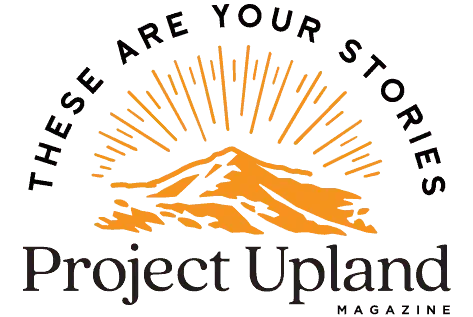


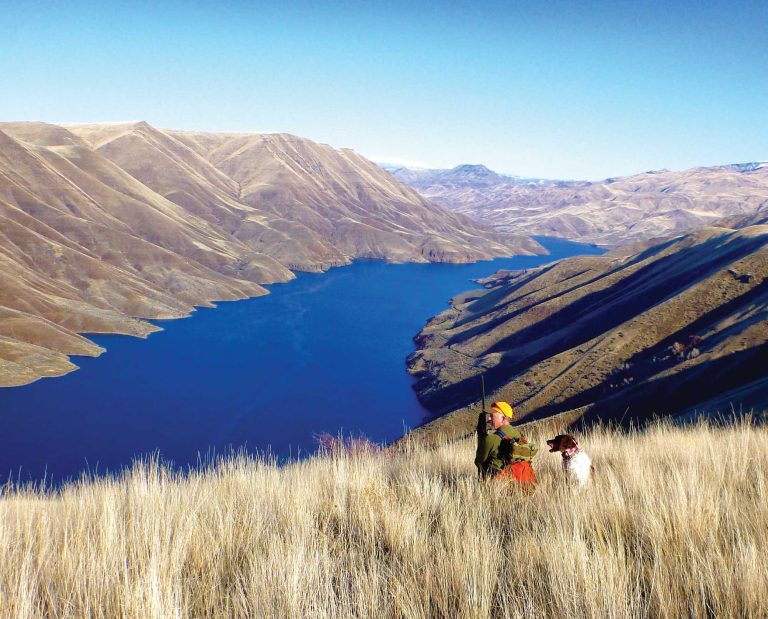
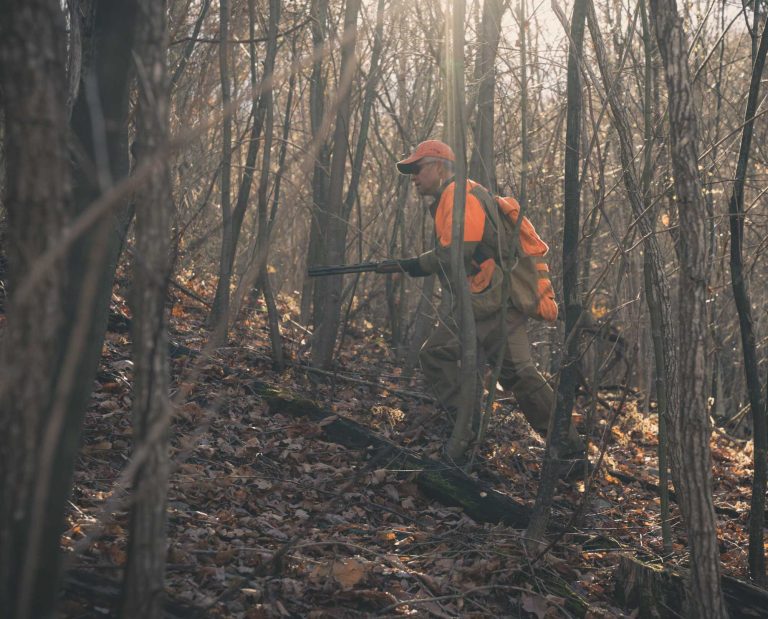
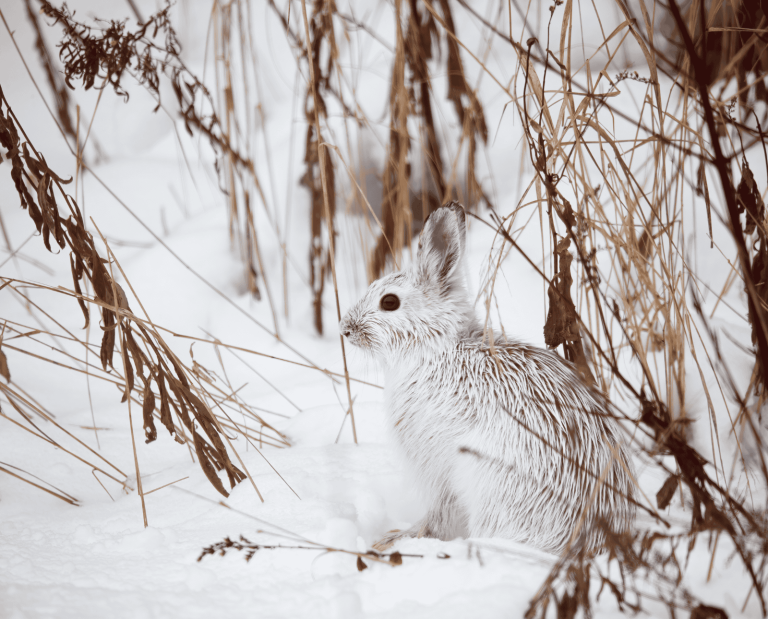
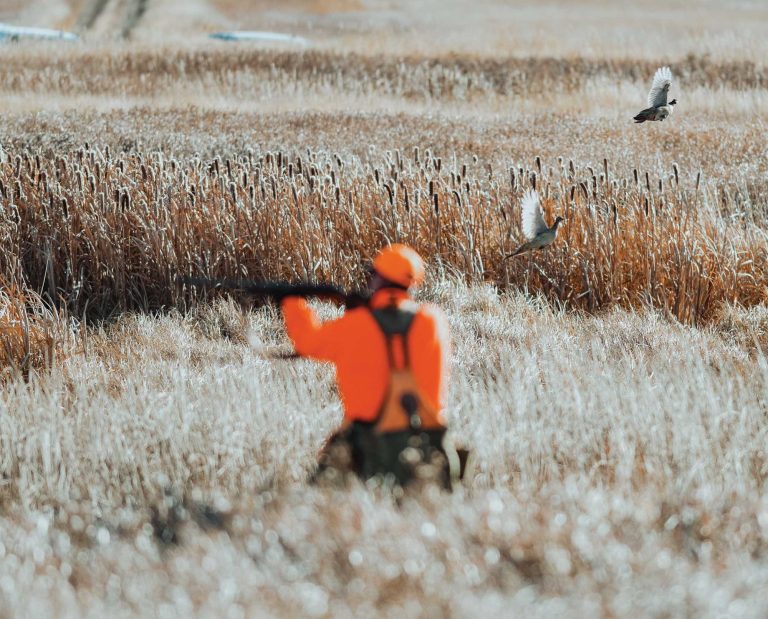
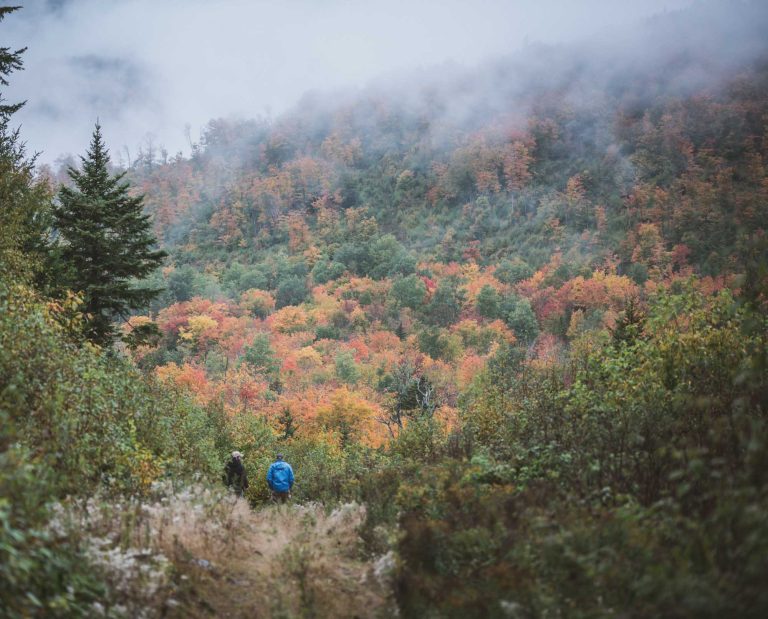
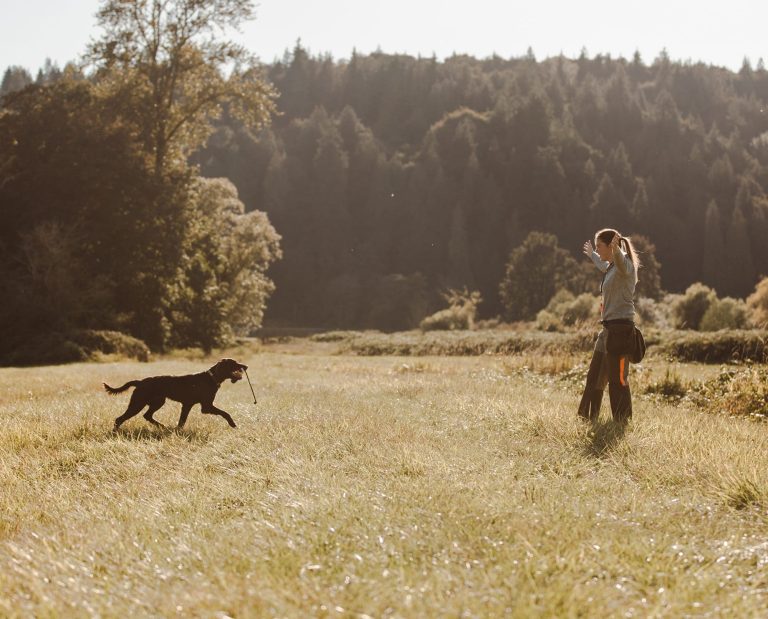
As an Environmental Scientist(retired, Ph. D., 1977) and an avid upland and waterfowl hunter, your brief treatise for a middle ground on use of our public lands is spot on. Unfortunately our current federal administration doesn’t seem to have any ‘middle ground’ in its governance. In my opinion, there is only one solution, contact your state and federal elected officials over and over. If they don’t respond, and modify their position, vote them out! In addition, join a politically active group that is aligned with your beliefs and support it with your dollars. Unfortunately, as was seen in the last election “big money” is driving the elections. Join a politically active group and multiply your monetary impact.
Well stated. Thank you for your extremely thought-out journalism.
“We’ll keep publishing stories for those of you who understand that. And we hope you’ll keep walking with us—on public land, behind a bird dog, across a landscape that belongs to everyone.” – Thank You!
Wapenski 2028. More reality and common sense than a joint session of congress!